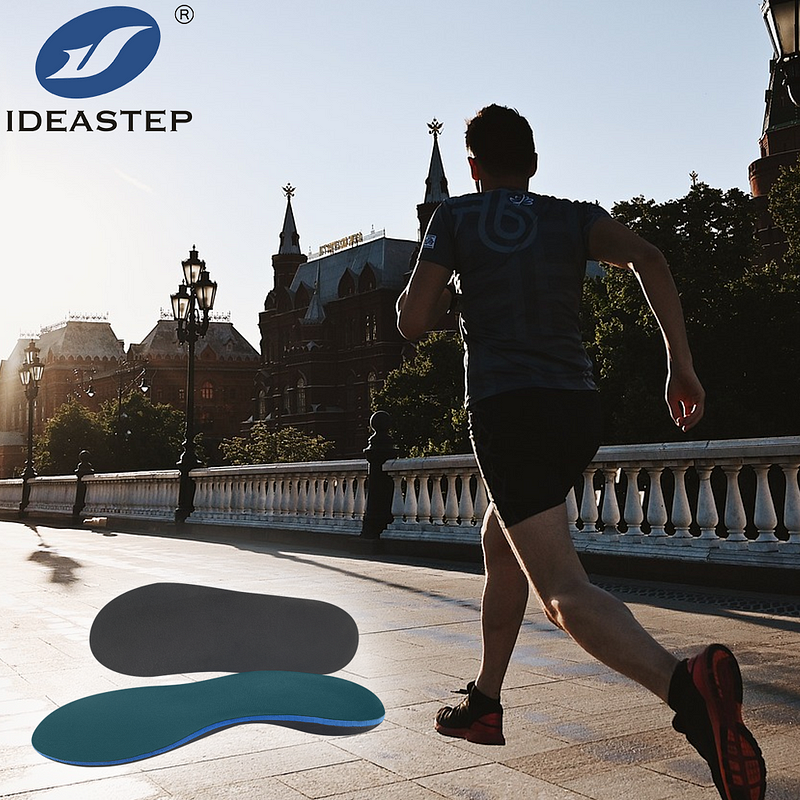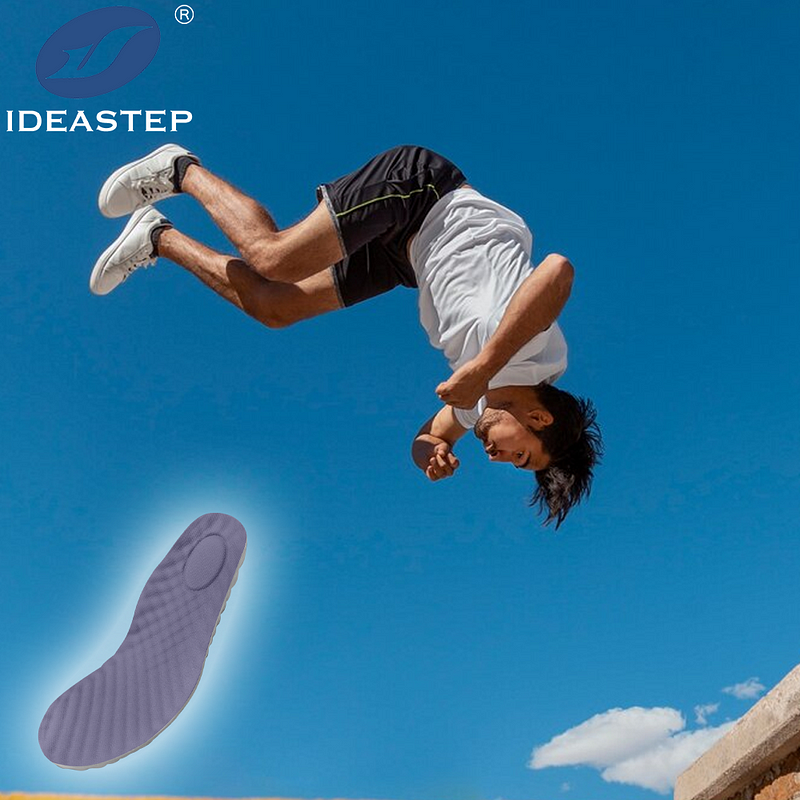Summary: Do EVA Shoes Smell? EVA shoes are popular for their comfort and durability, but some users have expressed concern about their distinct odor. The odor arises from the breakdown of cross-linking agents used during manufacturing, releasing chemicals like acetophenone and 2-phenyl propanol. Factors such as manufacturing process, storage conditions, and age can influence odor intensity. While the odor is not generally unpleasant, airing out the shoes, using baking soda, or applying deodorizing products can help minimize it.

Do EVA Shoes Smell?
EVA shoes, known for their comfort and durability, have become a popular choice for various activities. However, some people have expressed concerns about the distinct odor associated with these shoes. The question of whether EVA shoes smell has been a topic of debate among sneaker enthusiasts.
Chemical Origins of the Odor
EVA shoes are composed of ethylene vinyl acetate (EVA), a thermoplastic material known for its flexibility and resilience. During the production process, a cross-linking agent called dicumyl peroxide is used to enhance the durability of the EVA material. This agent can break down over time, releasing chemicals that contribute to the odor of EVA shoes.
Breakdown Products and Characteristic Odors
When dicumyl peroxide breaks down, it forms two main compounds: acetophenone and 2-phenyl propanol. These compounds have distinct odors that can be described as:
- Acetophenone: A sweet, fruity odor reminiscent of nail polish or acetone.
- 2-Phenyl propanol: A strong, unpleasant odor with hints of gasoline or paint thinner.
Factors Affecting Odor Intensity
The intensity of the odor in EVA shoes can vary depending on:
- Manufacturing process: Different manufacturing processes may involve varying levels of cross-linking agent.
- Storage conditions: Shoes that have been stored in warm or humid environments are more likely to emit odor.
- Age of the shoes: As EVA shoes age, the cross-linking agent breaks down more slowly, leading to a stronger odor.
Tips to Minimize Odor
While EVA shoes may have a slight odor, there are ways to minimize it:
- Ventilation: Allow your shoes to air out in a dry place.
- Baking soda: Sprinkle baking soda into the shoes to absorb moisture and odors.
- Deodorizing sprays or powders: Use odor-absorbing sprays or powders to freshen up your shoes.
Conclusion
EVA shoes may have a slight chemical odor due to the presence of cross-linking agents. While the odor is generally not considered unpleasant, it can be minimized by proper storage and ventilation.

FAQ
1. What is the main cause of the odor in EVA shoes?
Answer: The odor in EVA shoes is primarily caused by the breakdown of the cross-linking agent dicumyl peroxide, which is used during manufacturing to enhance durability.
2. What chemicals are formed during the breakdown of the cross-linking agent?
Answer: The breakdown of dicumyl peroxide releases two main compounds: acetophenone and 2-phenyl propanol, which both have distinct odors.
3. What factors can affect the intensity of the odor in EVA shoes?
Answer: The intensity of the odor can vary depending on the manufacturing process, storage conditions, and the age of the shoes.
4. How can you minimize the odor of EVA shoes?
Answer: To minimize the odor, you can ventilate the shoes, sprinkle baking soda inside, or use odor-absorbing sprays or powders.
5. Is the odor in EVA shoes unpleasant?
Answer: The odor is generally not considered unpleasant, but some people may find it slightly noticeable.
